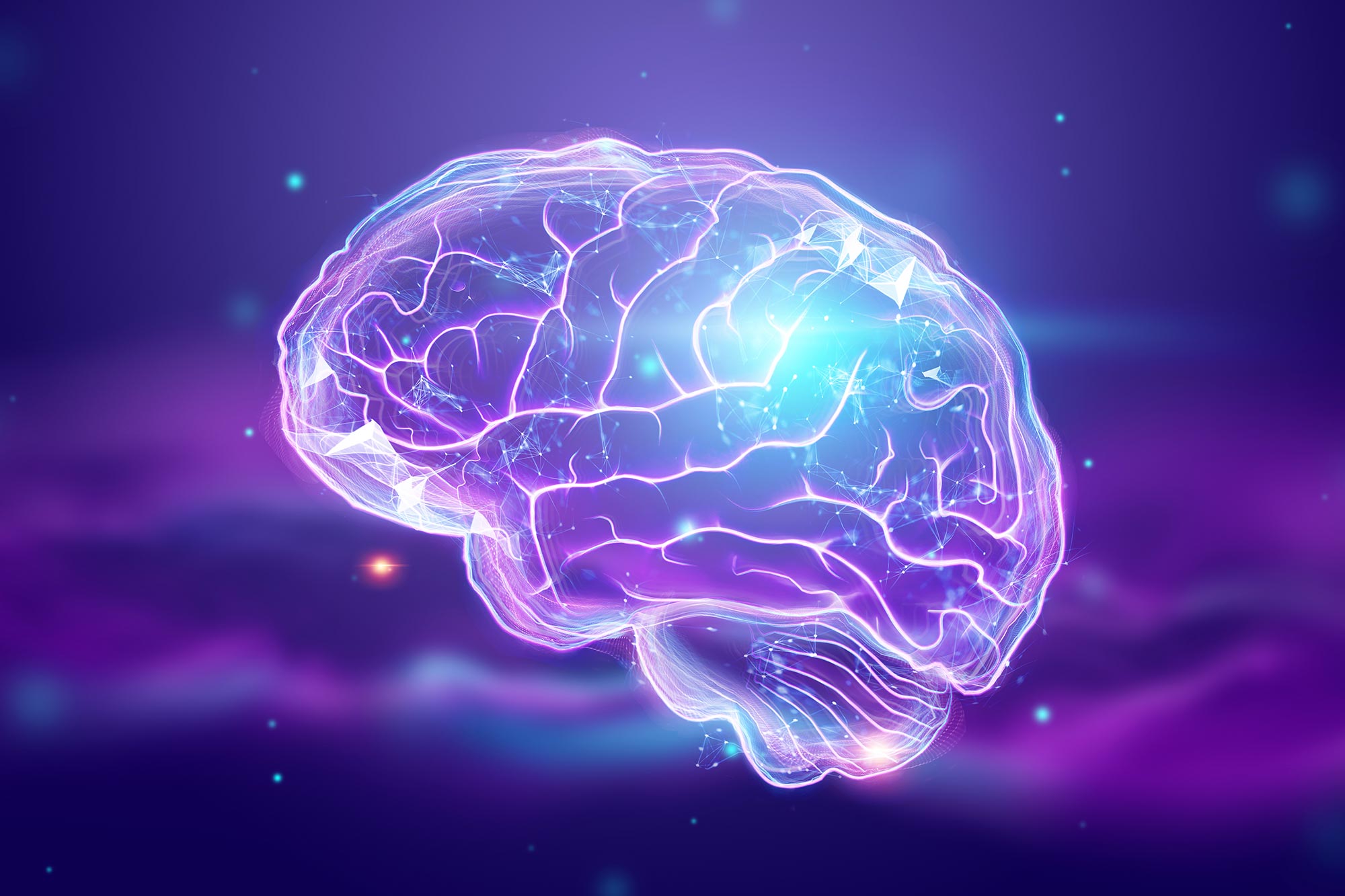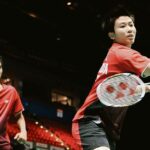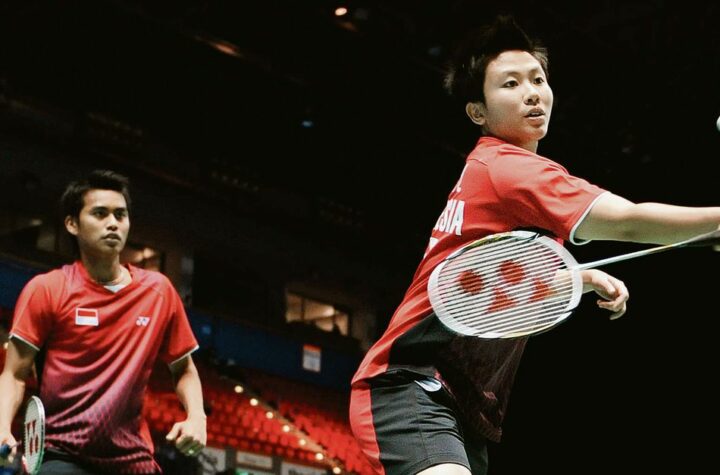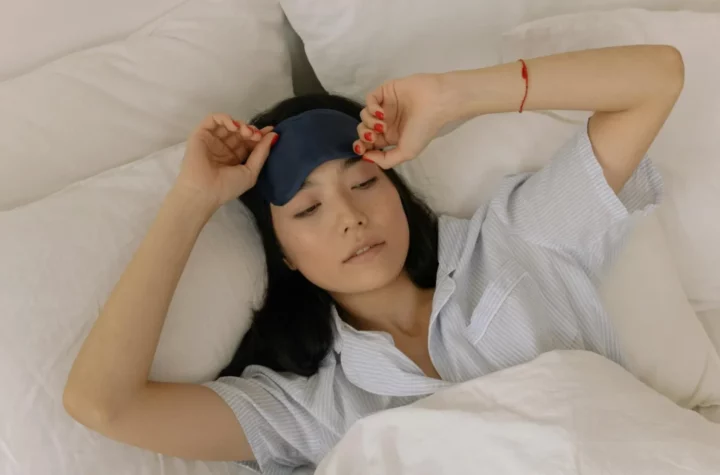
Olahraga dapat secara langsung meningkatkan kesehatan otak dengan mendorong perkembangan neuron di hippocampus, dengan astrosit memainkan peran utama dalam memediasi efek tersebut. Penelitian ini dapat mengarah pada terapi berbasis olahraga untuk gangguan kognitif seperti penyakit Alzheimer.
Mempelajari sinyal kimia yang dihasilkan oleh sel otot yang berkontraksi menunjukkan cara untuk meningkatkan kesehatan otak melalui olahraga.
Peneliti Beckman mempelajari bagaimana sinyal kimiawi dari otot yang berkontraksi meningkatkan otak yang sehat. Temuan mereka mengungkapkan bagaimana sinyal-sinyal ini membantu dalam pengembangan dan pengaturan jaringan otak baru sambil juga menunjukkan cara untuk meningkatkan kesehatan otak melalui olahraga.
Aktivitas fisik sering dikutip sebagai cara untuk meningkatkan kesehatan fisik dan mental. Para peneliti di Beckman Institute for Advanced Science and Technology telah menunjukkan bahwa itu juga dapat meningkatkan kesehatan otak secara lebih langsung. Mereka mempelajari bagaimana sinyal kimiawi dari latihan otot meningkatkan pertumbuhan neuron di otak.
Karya mereka telah dipublikasikan di jurnal Neurologi.
Saat otot berkontraksi selama latihan, seperti otot bisep saat mengangkat beban berat, mereka melepaskan berbagai senyawa ke dalam aliran darah. Senyawa ini dapat melakukan perjalanan ke berbagai bagian tubuh, termasuk otak. Para peneliti sangat tertarik pada bagaimana olahraga dapat bermanfaat bagi bagian otak tertentu yang disebut hippocampus.
“Hippocampus adalah wilayah penting untuk pembelajaran dan ingatan, dan juga kesehatan kognitif,” kata Ki Yun Lee, Ph.D. mahasiswa dalam ilmu mesin dan teknik di University of Illinois, Urbana-Champaign, dan penulis utama studi tersebut. Dengan demikian, memahami bagaimana olahraga bermanfaat bagi hippocampus dapat mengarah pada terapi berbasis olahraga untuk berbagai kondisi termasuk[{” attribute=””>Alzheimer’s disease.

Hippocampal neurons (yellow) surrounded by astrocytes (green) in a cell culture from the study. Image provided by the authors. Credit: Image provided by the study authors: Taher Saif, Justin Rhodes, and Ki Yun Lee
To isolate the chemicals released by contracting muscles and test them on hippocampal neurons, the researchers collected small muscle cell samples from mice and grew them in cell culture dishes in the lab. When the muscle cells matured, they began to contract on their own, releasing their chemical signals into the cell culture.
The research team added the culture, which now contained the chemical signals from the mature muscle cells, to another culture containing hippocampal neurons and other support cells known as astrocytes. Using several measures, including immunofluorescent and calcium imaging to track cell growth and multi-electrode arrays to record neuronal electrical activity, they examined how exposure to these chemical signals affected the hippocampal cells.
The results were striking. Exposure to the chemical signals from contracting muscle cells caused hippocampal neurons to generate larger and more frequent electrical signals — a sign of robust growth and health. Within a few days, the neurons started firing these electrical signals more synchronously, suggesting that the neurons were forming a more mature network together and mimicking the organization of neurons in the brain.
However, the researchers still had questions about how these chemical signals led to growth and development of hippocampal neurons. To uncover more of the pathway linking exercise to better brain health, they next focused on the role of astrocytes in mediating this relationship.
“Astrocytes are the first responders in the brain before the compounds from muscles reach the neurons,” Lee said. Perhaps, then, they played a role in helping neurons respond to these signals.
The researchers found that removing astrocytes from the cell cultures caused the neurons to fire even more electrical signals, suggesting that without the astrocytes, the neurons continued to grow — perhaps to a point where they might become unmanageable.
“Astrocytes play a critical role in mediating the effects of exercise,” Lee said. “By regulating neuronal activity and preventing hyperexcitability of neurons, astrocytes contribute to the balance necessary for optimal brain function.”
Understanding the chemical pathway between muscle contraction and the growth and regulation of hippocampal neurons is just the first step in understanding how exercise helps improve brain health.
“Ultimately, our research may contribute to the development of more effective exercise regimens for cognitive disorders such as Alzheimer’s disease,” Lee said.
Reference: “Astrocyte-mediated Transduction of Muscle Fiber Contractions Synchronizes Hippocampal Neuronal Network Development” by Ki Yun Lee, Justin S. Rhodes and M. Taher A. Saif, 2 February 2023, Neuroscience.
DOI: 10.1016/j.neuroscience.2023.01.028
In addition to Lee, the team also included Beckman faculty members Justin Rhodes, a professor of psychology; and Taher Saif, a professor of mechanical science and engineering and bioengineering.
Funding: NIH/National Institutes of Health, National Science Foundation

“Spesialis budaya pop. Ahli makanan yang setia. Praktisi musik yang ramah. Penggemar twitter yang bangga. Penggila media sosial. Kutu buku bepergian.”











More Stories
Mengkompensasi tidur di akhir pekan dapat mengurangi risiko penyakit jantung hingga seperlimanya – studi | Penyakit jantung
Seekor sapi laut prasejarah dimakan oleh buaya dan hiu, menurut fosil
Administrasi Penerbangan Federal meminta penyelidikan atas kegagalan pendaratan roket Falcon 9 SpaceX